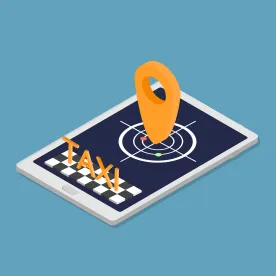On September 25, a three-judge Ninth Circuit panel ruled unanimously that Uber Technologies Inc.’s arbitration agreements with its drivers are enforceable, based in part on the recent Epic Systems Corp. v. Lewis ruling issued by the U.S. Supreme Court.
The Ninth Circuit’s decision effectively dismantles a class of hundreds of thousands of Uber drivers who alleged that they were misclassified as independent contractors instead of employees. As a result, any Uber drivers who seek to pursue their misclassification claim must do so through individual arbitration.
This Ninth Circuit ruling reversed the decision in the lead misclassification case, known as O’Connor v. Uber, issued by the U.S. District Judge Edward M. Chen in December 2015. That decision expanded a class of drivers, which was certified in September 2015, to include a 240,000 driver subclass who had originally accepted arbitration agreements with class action waivers.
The panel stated that the O’Connor v. Uber case should have been sent to arbitration. Circuit Judge Richard R. Clifton wrote that “[t]he class as certified includes drivers who entered into agreements to arbitrate their claims and to waive their right to participate in a class action with regard to those claims.” The panel further added that “the question whether those agreements were enforceable was not properly for the district court to answer. The question of arbitrability was designated to the arbitrator.”
This ruling has handed Uber a huge victory in its five-year battle over whether the company misclassified its drivers as independent contractors to avoid wage and hour obligations and thus evaded various labor laws.
Employers, take note. This decision emphasizes the power of class action waivers in arbitration agreements, and how they can shield an employer from future legal attack.



 />i
/>i

